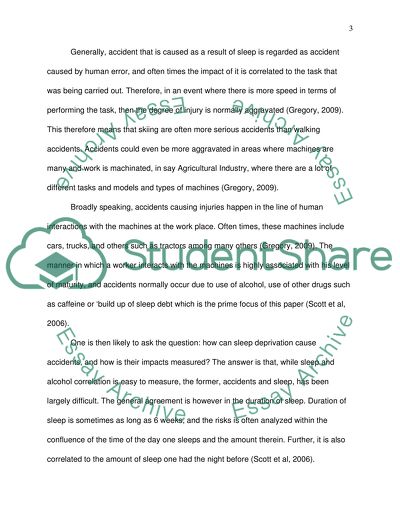Cite this document
(“Sleep deprivation negatively affect driving performance and causes car Essay”, n.d.)
Retrieved from https://studentshare.org/environmental-studies/1419931-sleep-deprivation-negatively-affect-driving
Retrieved from https://studentshare.org/environmental-studies/1419931-sleep-deprivation-negatively-affect-driving
(Sleep Deprivation Negatively Affect Driving Performance and Causes Car Essay)
https://studentshare.org/environmental-studies/1419931-sleep-deprivation-negatively-affect-driving.
https://studentshare.org/environmental-studies/1419931-sleep-deprivation-negatively-affect-driving.
“Sleep Deprivation Negatively Affect Driving Performance and Causes Car Essay”, n.d. https://studentshare.org/environmental-studies/1419931-sleep-deprivation-negatively-affect-driving.


